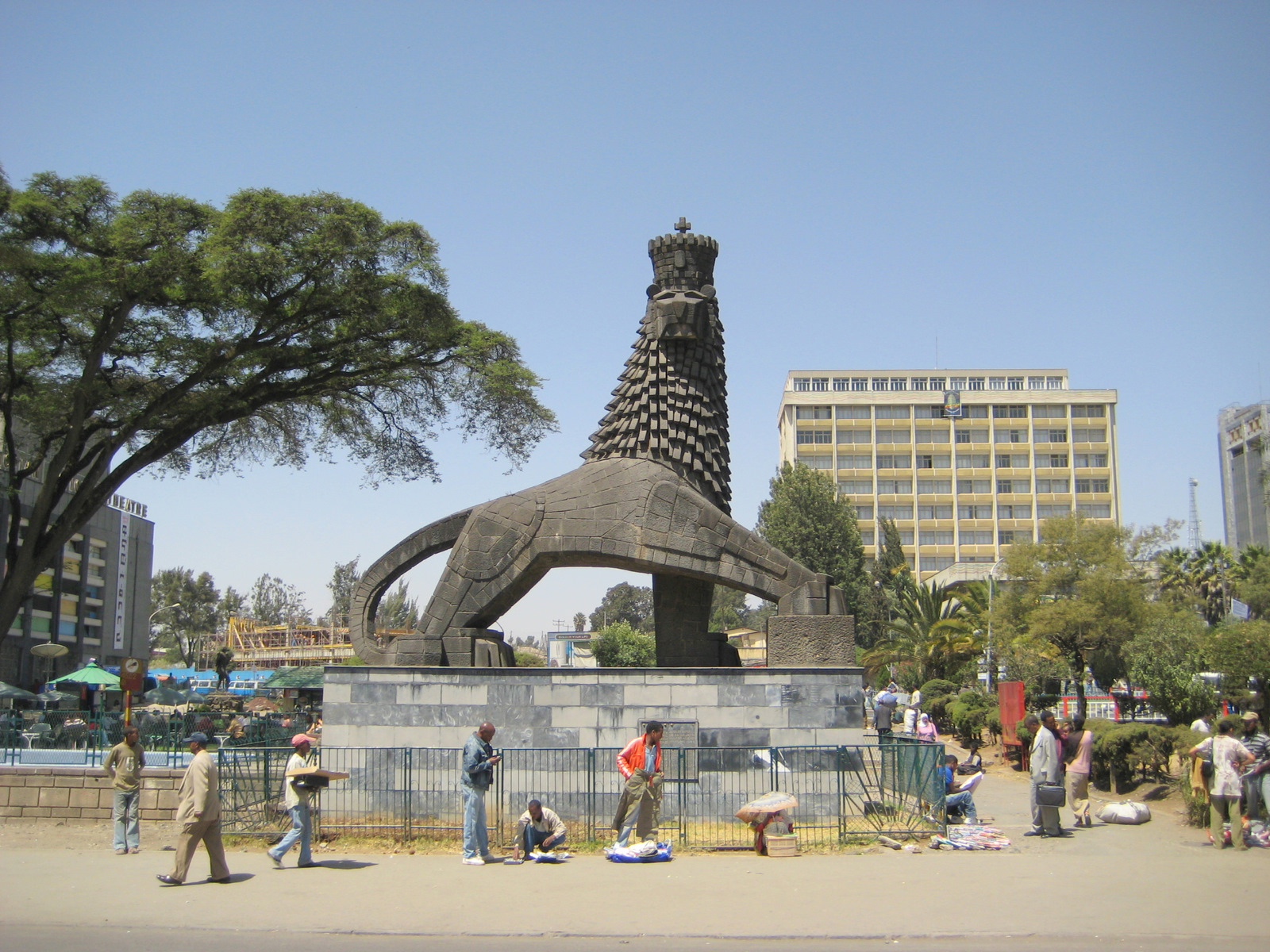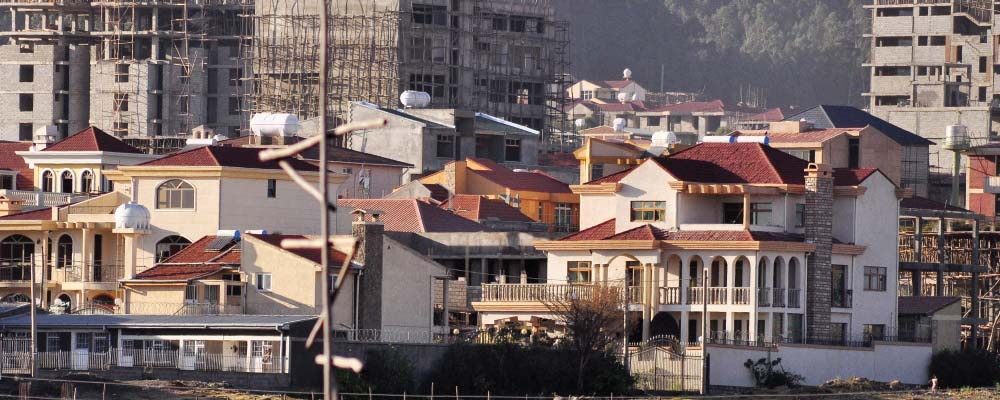The price of condominium shops up for auction are constantly rising making individuals who are interested unable to afford them. The prices shops on the bottom floors of condominiums are ever highest and mainly taken by banks and companies who make better offers. Brokers and real estate companies are usually the highest benefits of such shops.
In areas such as Bole, Arabsa, high offers are made up to 171, 000 Br per square meter making them unaffordable to individuals who cannot afford this amount of money. The Addis Ababa Saving Houses Development Enterprise (AASHDE) is mandated to oversee the sale and transfer of homes and shops constructed under the middle-income housing scheme. The prices, however, differ from district to district making it possible for brokers and real estate companies to hike the costs of the shops and houses.
The condo shops are transformed to cater for various purposes including restaurants, supermarkets. While the bidders for condo shops in middle housing schemes pay the full property value in full, bidders in middle-lower income schemes are required to pay a down payment of 50pc of the shop’s worth with an extended period of up to five years for completion of payment.
Commercial banks are the highest players in such auctions, and regularly make the highest offers. The Oromia International Bank (IOB) is recorded to have made the highest offer at 171, 001 Br per sq. meter for a shop located in Snega Tera. This offer is eight times the floor price. The president of IOB, Abe Sano has raised concerns about the increasing costs for condo shops siting that banks pay between 700 Br and 1000 Br per sq. meter in the rental fee. However, the Enterprise reveals that it does not benefit from the very high offers as cross-subsidy costs are even higher. According to Yohannes, head of Enterprise communication, much money is spent on infrastructure development and administrative issues.
Baymot Tsegaye, an architect, says that the government must establish a way to enforce a regulated progressive tax on properties to deal with the increasing monopolization of land. He says that the lower income earners will only benefit from public projects if there are a proper taxation and registration system.




